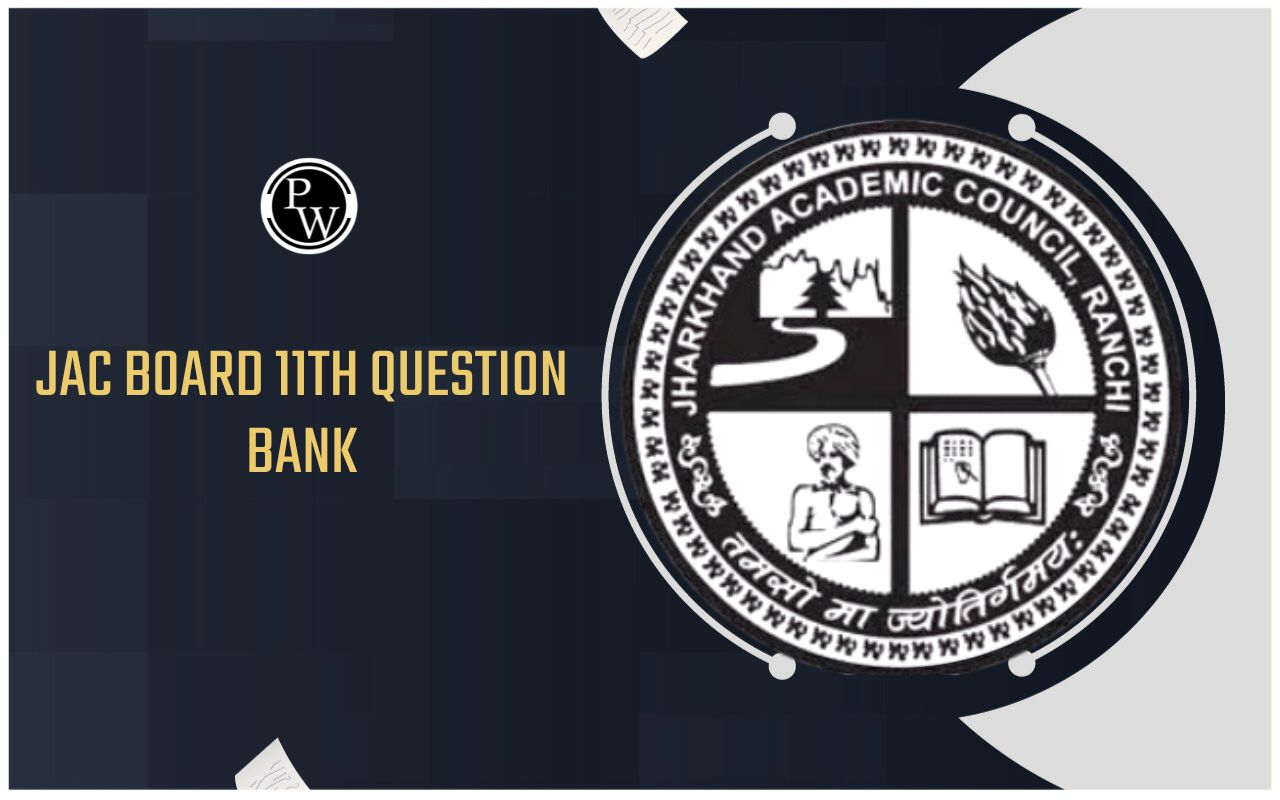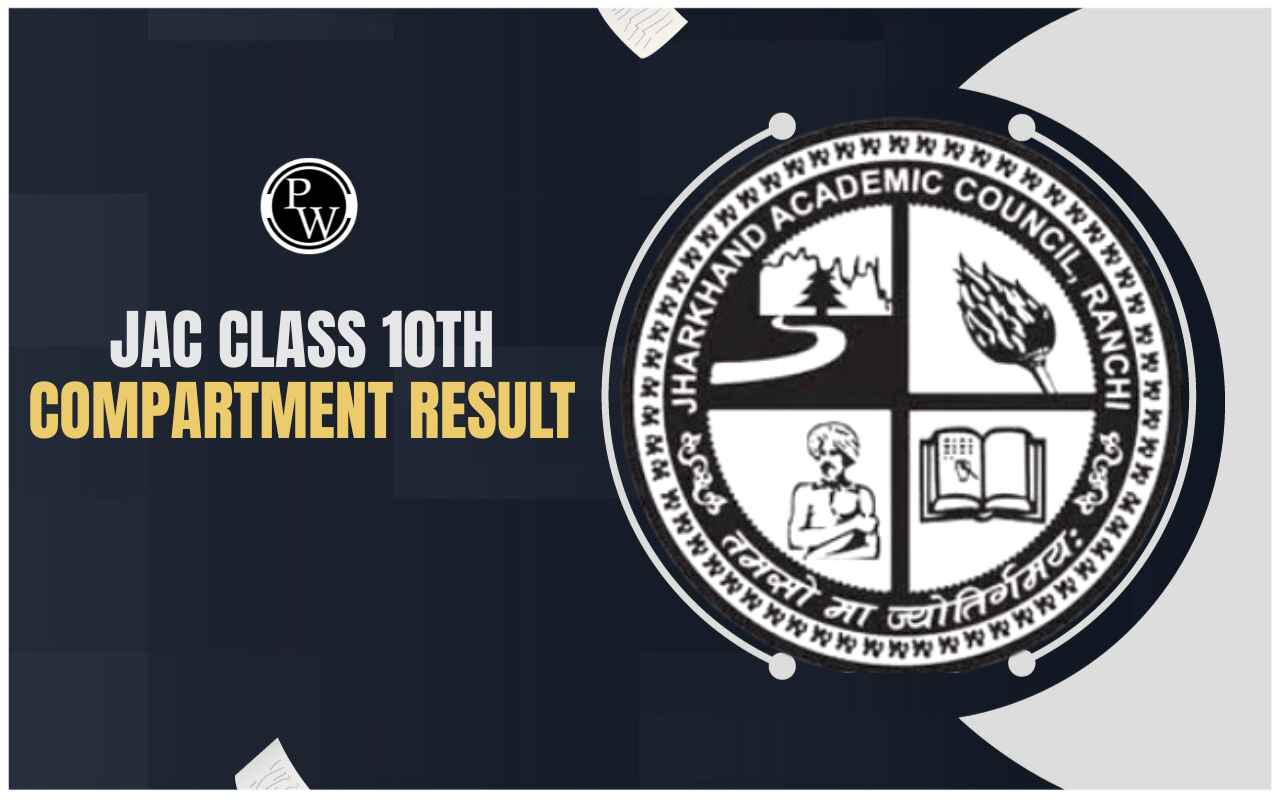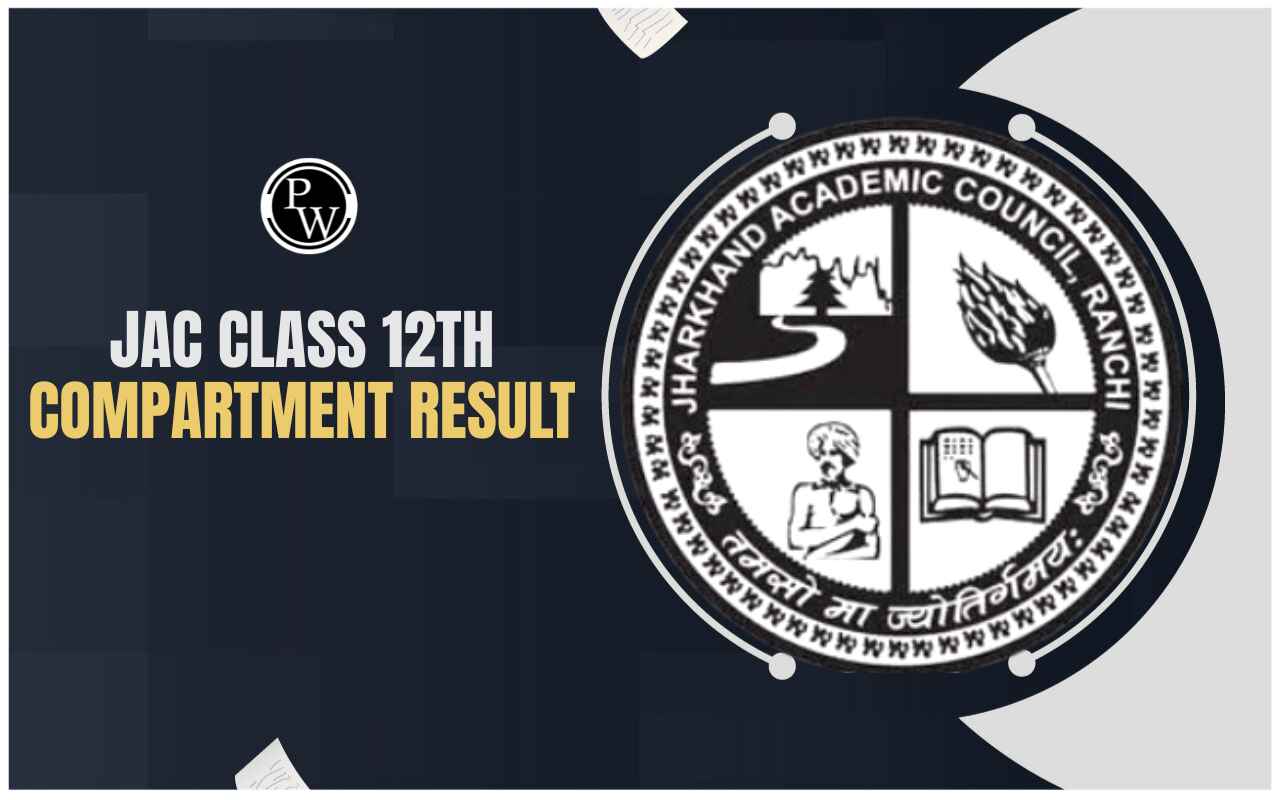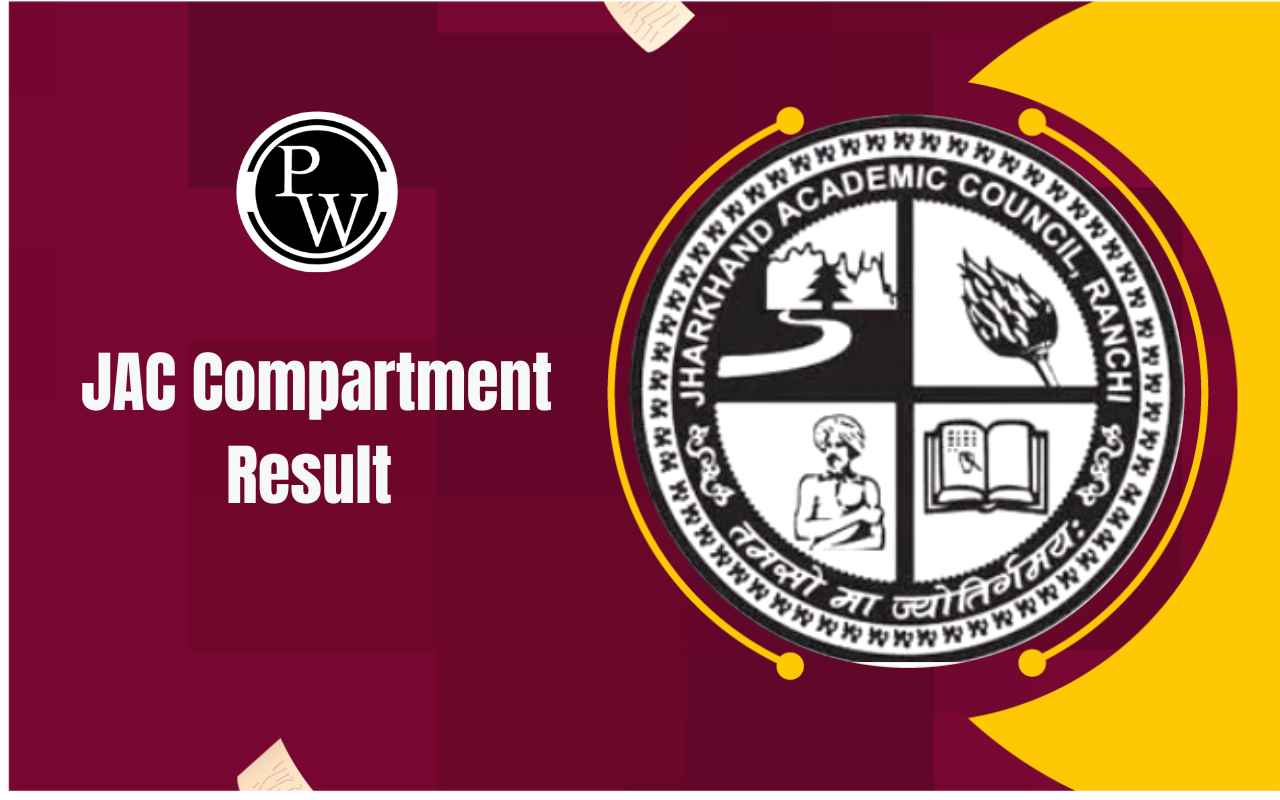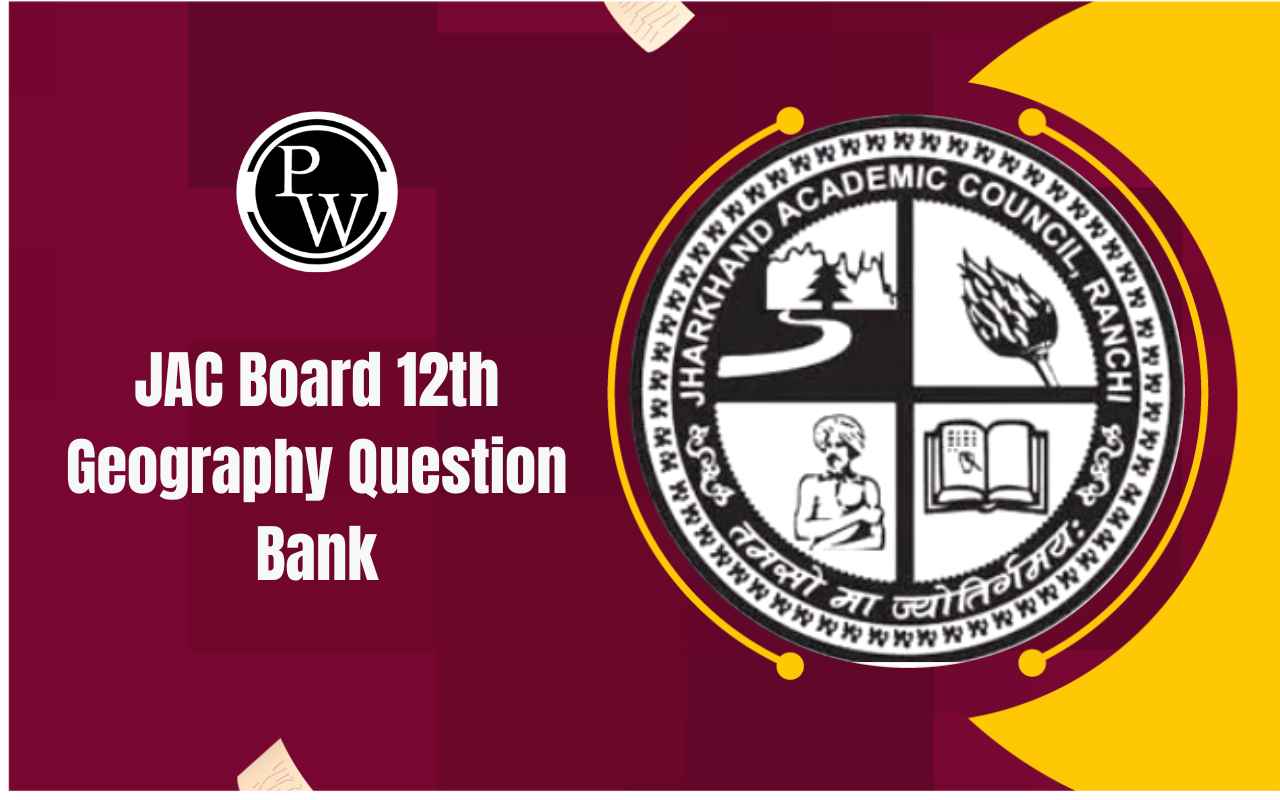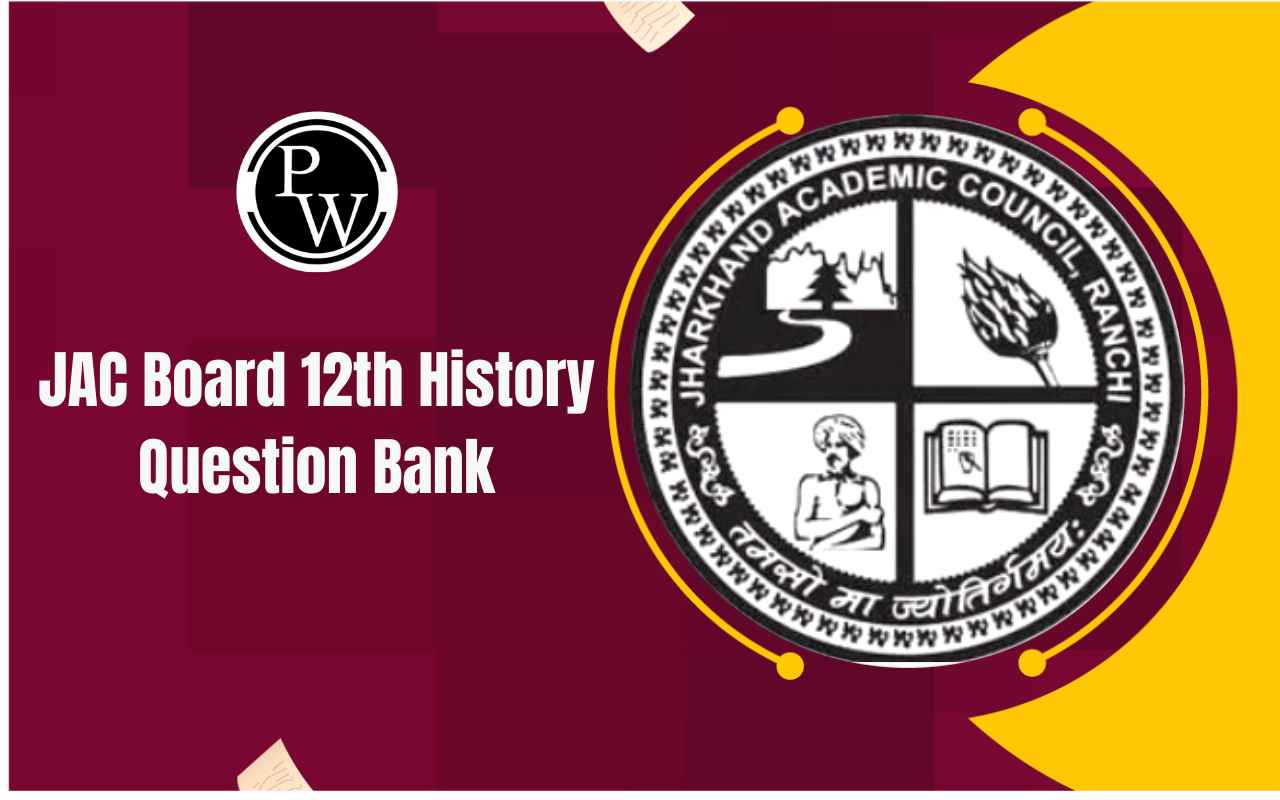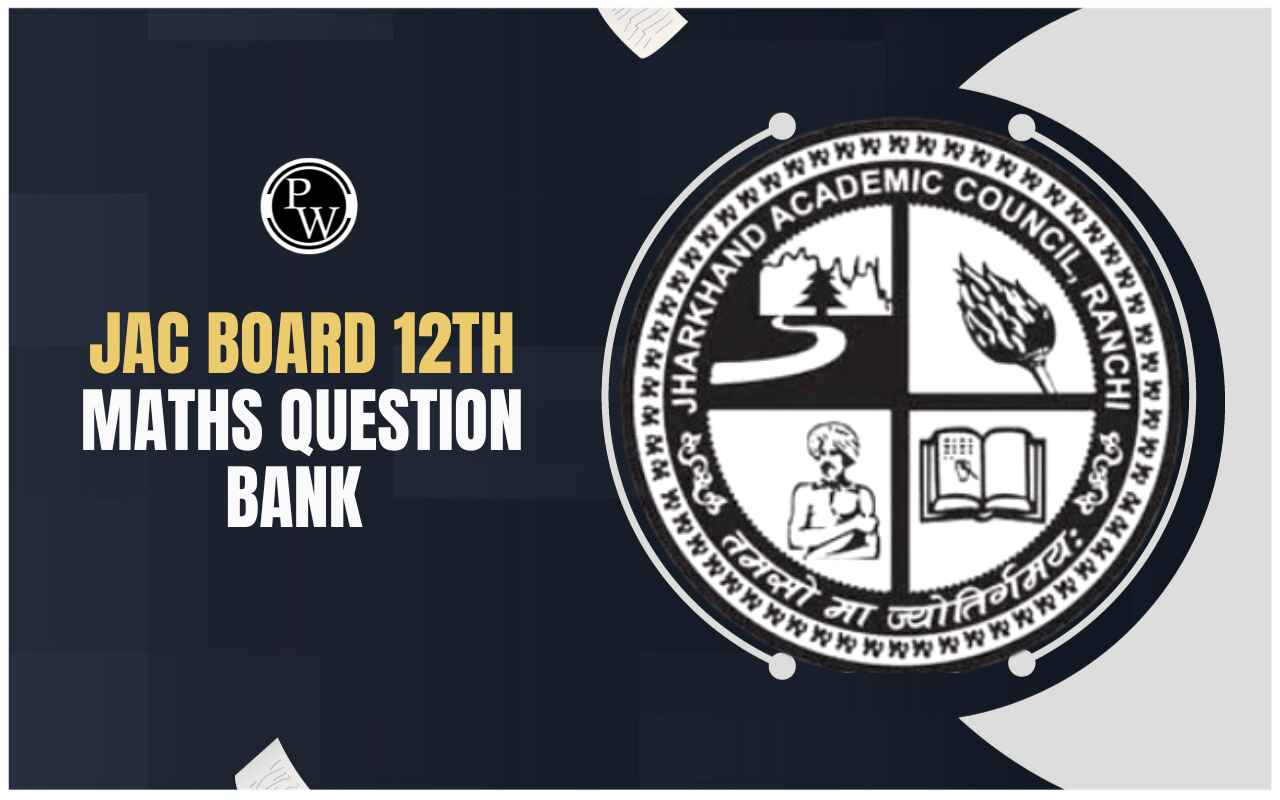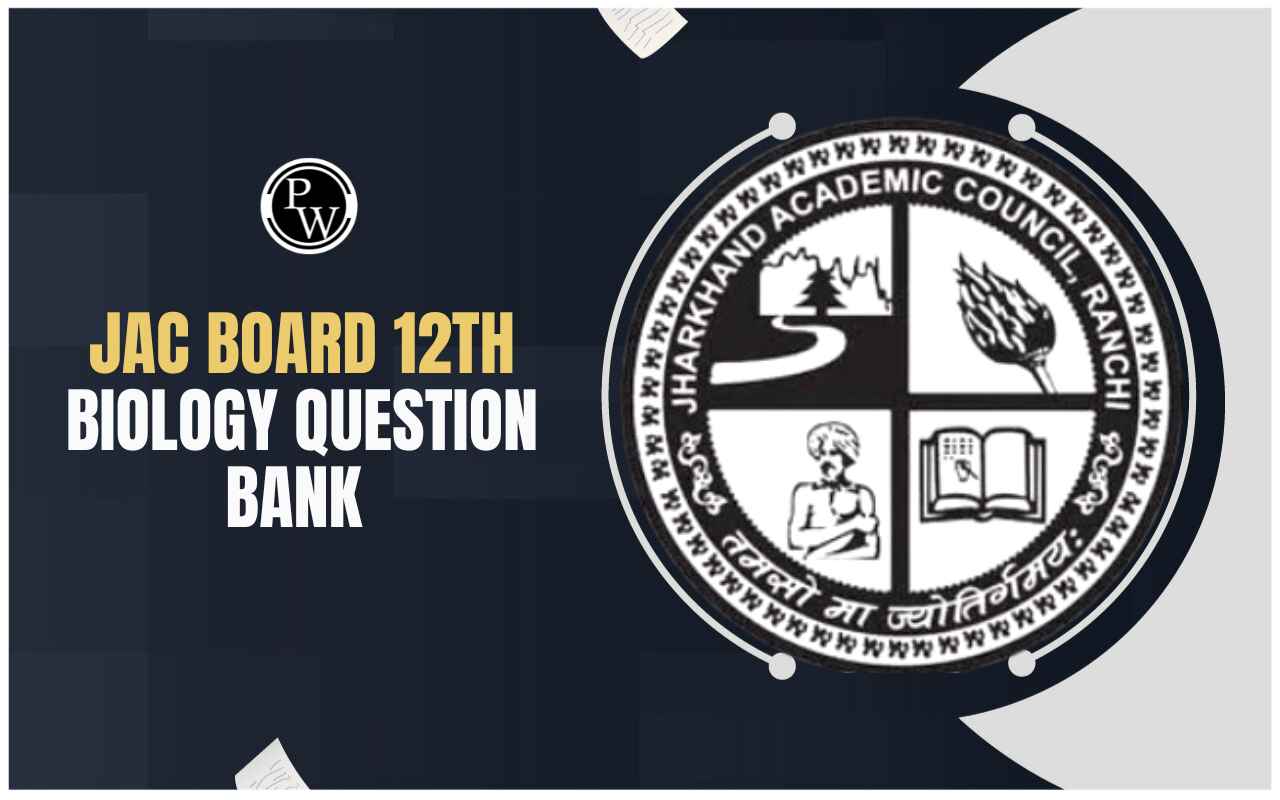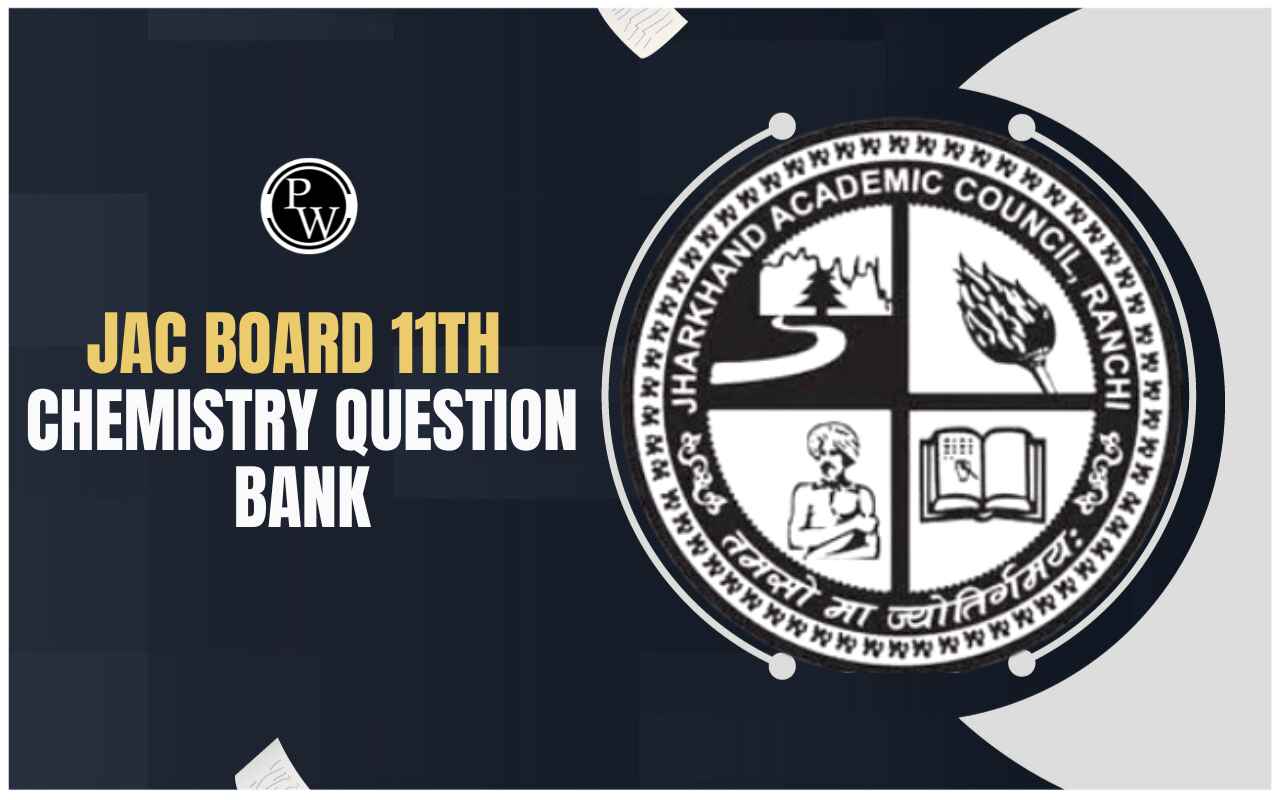
JAC Board Class 11th Maths Syllabus 2025: Jharkhand Academic Council (JAC) has released the Class 11 Mathematics syllabus for the academic year 2025, giving students a clear and well-structured plan to follow throughout the year.
The syllabus includes topics like Sets, Algebra, Trigonometry, Coordinate Geometry, Calculus, Statistics, and Probability. This syllabus helps students build a strong base in Mathematics. It focuses on improving conceptual understanding, logical thinking, and problem-solving skills. By studying these topics, students will be better prepared for their exams, as well as for future competitive exams and higher studies in fields like engineering, commerce, and computer science.
JAC Board Class 11th Maths Syllabus 2025 Overview
In JAC Board Class 11, students are required to select their stream carefully. Those opting for Science or Commerce streams can choose Mathematics as a subject. It is important for students to be confident about their choice. Here’s an overview of the JAC Class 11 Mathematics syllabus for 2025:
|
JAC Board Class 11th Maths Syllabus 2025 Overview |
|
|
Board |
Jharkhand Academic Council (JAC) |
|
Class |
11th |
|
Academic Year |
2025 |
|
Subject |
Mathematics |
|
Exam Duration |
3 hours |
|
Official Website |
https://jac.jharkhand.gov.in/ |
JAC Board Class 11th Maths Syllabus 2025 Course Structure
Here’s an overview of the JAC Class 11 Maths syllabus with the unit names and their allotted periods. This structure helps students plan their studies effectively throughout the academic year.
|
JAC Board Class 11th Maths Syllabus 2025 Course Structure |
||
|
Unit No. |
Unit Name |
Periods |
|
I |
Sets and Functions |
60 |
|
II |
Algebra |
50 |
|
III |
Coordinate Geometry |
50 |
|
IV |
Calculus |
40 |
|
V |
Statistics and Probability |
40 |
|
Total |
240 |
|
Unit I: Sets and Functions (60 Periods)
-
Sets: Types of sets (empty, finite, infinite, subsets), Venn diagrams, set operations (union, intersection, difference, complement), subsets of real numbers, universal set.
-
Relations and Functions: Cartesian products, ordered pairs, relations and functions, types of functions (polynomial, modulus, exponential, logarithmic, signum, etc.), domain, co-domain, range with graphs.
-
Trigonometric Functions: Angles in degrees and radians, unit circle, graphs of trigonometric functions, identities (e.g., sin²x + cos²x = 1), angle transformations (e.g., sin(x±y), cos(x±y
Unit II: Algebra (50 Periods)
-
Complex Numbers and Quadratic Equations: Introduction to √–1, Argand plane, operations and properties.
-
Linear Inequalities: Solving inequalities in one variable, graphical representation.
-
Permutations and Combinations: Fundamental principle of counting, formulas for nPr and nCr.
-
Binomial Theorem: Statement and proof, Pascal’s triangle, applications.
-
Sequence and Series: Arithmetic and Geometric Progressions, AM, GM, sum formulas.
Unit III: Coordinate Geometry (50 Periods)
-
Straight Lines: Slope, angle between lines, various forms of line equations, distance from a point.
-
Conic Sections: Circle, ellipse, parabola, hyperbola – standard forms and basic properties.
-
Introduction to 3D Geometry: Coordinates in 3D space, distance between points.
Unit IV: Calculus (40 Periods)
- Limits and Derivatives: Basic idea of limits and continuity, derivative as a rate of change, derivatives of polynomials, trigonometric, exponential, and logarithmic functions, derivative rules (sum, product, quotient).
Unit V: Statistics and Probability (40 Periods)
-
Statistics: Range, mean deviation, variance, standard deviation (for grouped and ungrouped data).
-
Probability: Basic concepts: events, exhaustive, mutually exclusive events; axiomatic approach, operations on events.
JAC Board Class 11 Maths Prescribed Books 2025
Here is the list of prescribed textbooks and reference materials recommended for students preparing for the JAC Board Class 11 Maths exam in 2025. These books cover the complete syllabus and provide ample practice for better understanding and exam preparation.
| JAC Board Class 11 Maths Prescribed Books 2025 | ||
|
S.No. |
Book Name |
Publisher |
|
1 |
Mathematics Textbook for Class XI |
NCERT Publications |
|
4 |
Mathematics Exemplar Problem for Class XI |
NCERT |
|
6 |
Mathematics Lab Manual Class XI |
NCERT |
How To Download JAC Class 11 Maths Syllabus 2025?
Step 1: Visit the official website of Jharkhand Academic Council at jac.jharkhand.gov.in.
Step 2: On the homepage, find and click on the “Others” section.
Step 3: From the dropdown menu, select “Syllabus”.
Step 4: A new page with subject-wise syllabus links will appear. Locate and click on “Class 11 Mathematics”.
Step 5: The syllabus PDF will open in a new tab. Download and save it for your future study reference.
Preparation Tips for JAC Board Class 11 Maths 2025
-
Thoroughly go through the official syllabus to understand the topics, unit-wise weightage, and exam pattern.
-
Set weekly study goals and allocate time wisely to cover all units, focusing more on challenging topics like Algebra and Calculus.
-
Use NCERT textbooks as your primary study material and solve all exercises carefully.
-
Practice additional problems from reference books like RD Sharma or RS Aggarwal to strengthen your problem-solving skills.
-
Solve previous years’ question papers and sample tests to familiarize yourself with the exam format and improve time management.
-
Regularly revise important formulas and practice their applications in different problems.
-
Take internal assessments and class assignments seriously as they contribute to your final marks.
JAC Board Class 11th Maths Syllabus 2025 FAQs
Where can I download the JAC Class 11 Maths syllabus 2025?
What is the total number of periods allocated for Class 11 Maths syllabus?
What are the main units covered in the JAC Class 11 Maths syllabus?
Is the syllabus same as NCERT for Class 11 Maths?


